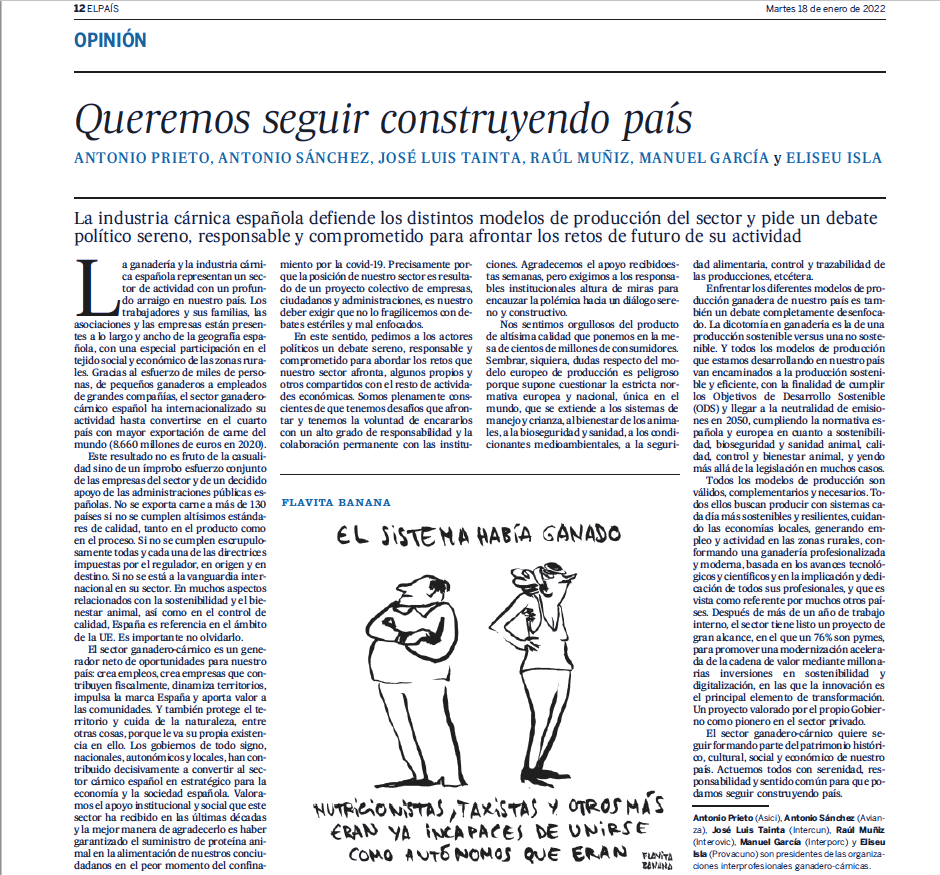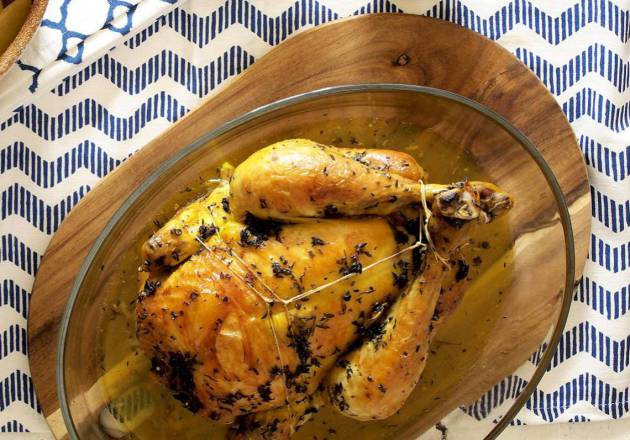On March 8, the doors of Meat Attraction, the fair that will bring together the main national and international players in the meat sector at IFEMA, and where, for the first time, the Spanish poultry meat sector will be present.
Avianza will have a stand, 4B13, where relevant information about the latest developments in this sector will be offered. A series of activities aimed at the professional public will take place there, as well as workshops and specialized training to address new fields of marketing, innovation or export. The space will also have a showcooking and product demonstration area.
In addition to the Avianza professional team, the stand will host the presence of 4 of our associated companies: Coren, Nutrave, Pujante and Uvesa, which will represent a committed sector that has invested decisively in recent years in innovation, process modernization, sustainability and export capacity to new international markets.
Workshop led by the Spanish Michelin Star pollero
Among the activities that will be carried out, the workshop that will take place in the Factoría Chef Space, the Wednesday, March 9 at 2:00 p.m., with Higinio Gómez Ortiz, renowned poultry farmer with more than 5 decades of experience and one of the greatest poultry experts in our country.
With clients such as Coque, Lu or Diverxo, this professor from the Basque Culinary Center will show all those attending the workshop the stuffing and bridging techniques, the temporality of birds or the organoleptic qualities of birds.
We invite you to visit us at our stand 4B13 and join the more than 20,000 professional visitors that Meat Attraction will have in this edition.


